Catalan coast and Balearic Islands have been ravaged by Storm Gloria
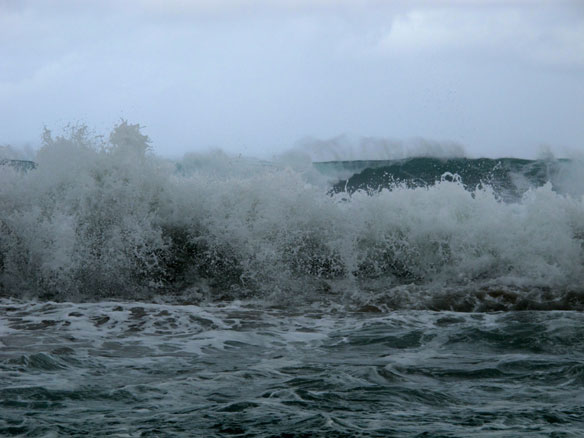
A storm surge on the east coast of Spain has swept 3km (two miles) inland, devastating land in the Ebro river delta south of Barcelona.
The ‘Blob,’ a massive marine heat wave, led to an unprecedented seabird die-off
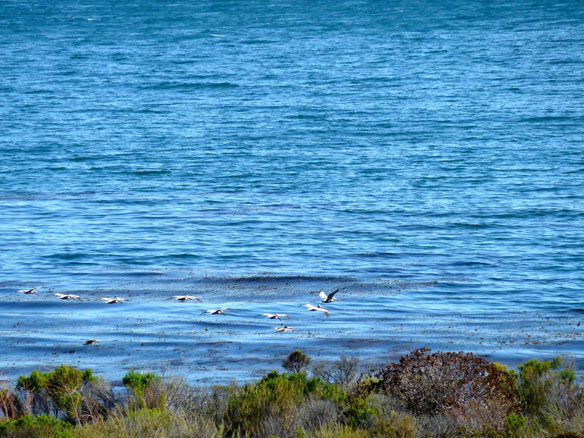
From 2015–2016, 62,000 dead common murres washed onto U.S. and Canadian Pacific coast beaches. All together, an estimated 10 to 20 percent of the region’s total population was wiped out.
Climate change has pushed the world’s oceans to record temperatures

The world’s oceans were warmer in 2019 than at any time in recorded history, a new analysis confirms.
NASA, NOAA Analyses Reveal 2019 Second Warmest Year on Record

According to independent analyses by NASA and NOAA, Earth’s global surface temperatures in 2019 were the second warmest since modern record keeping began in 1880.
Venice canals almost dry, two months after severe floods
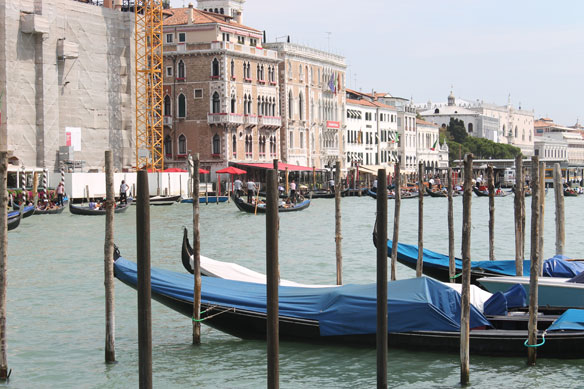
Low tides have left canals in Venice almost dry, just two months after severe flooding left much of the Italian city under water.
A great carbon reckoning comes to architecture
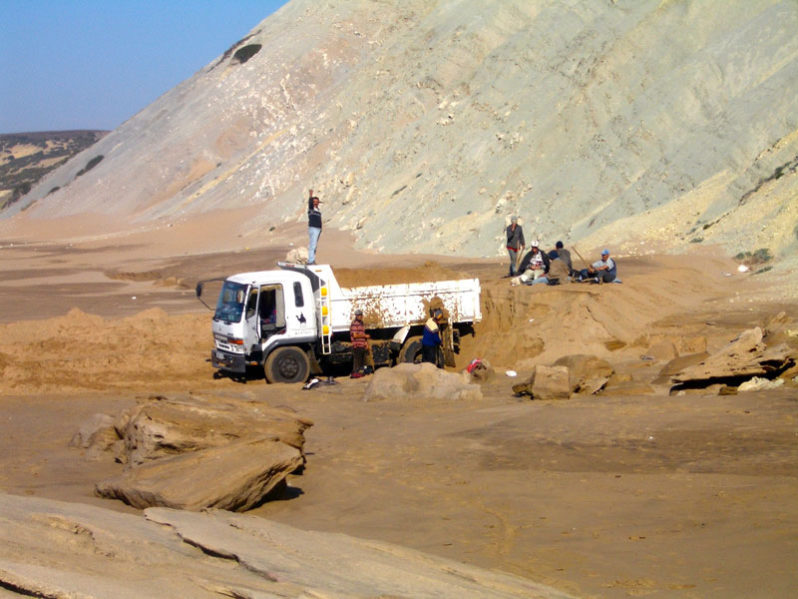
Practitioners have finally begun taking a more nuanced approach to the carbon emitted by new buildings. Are they too late?
Greenland’s Rapid Melt Will Mean More Flooding
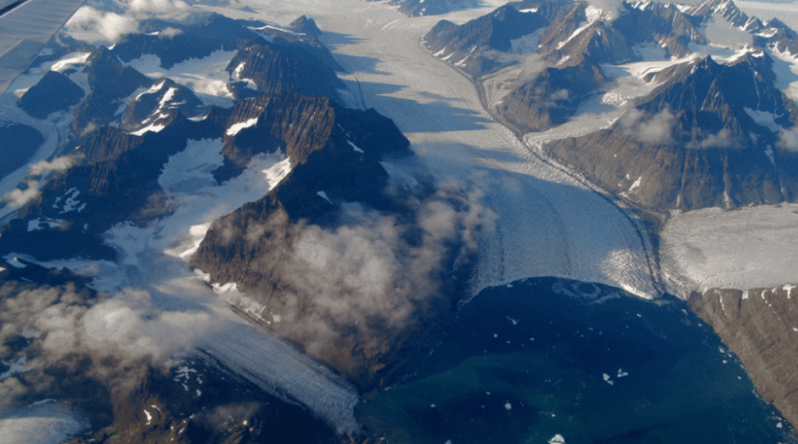
The Greenland Ice Sheet is rapidly melting, having lost 3.8 trillion tons of ice between 1992 and 2018. Changes to the Greenland and Antarctic ice sheets are of considerable societal importance, as they directly impact global sea levels, which are a result of climate change.
Flooding in Venice could be preview of things to come for coastal cities
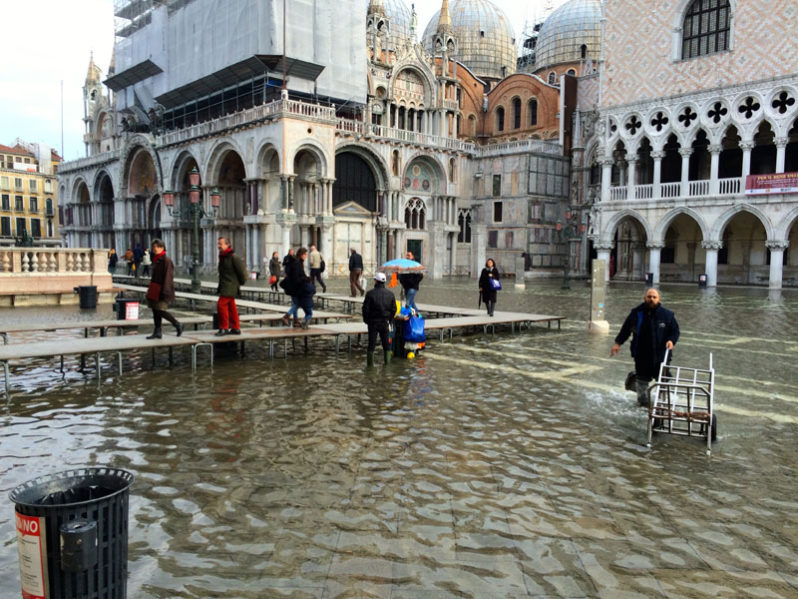
Venice has been racked by unprecedented flooding in recent months. Soon, other cities could see similar situations.
We are seeing the very worst of our scientific predictions come to pass in these bushfires

A climate scientist is wondering if the Earth system has now breached a tipping point.
